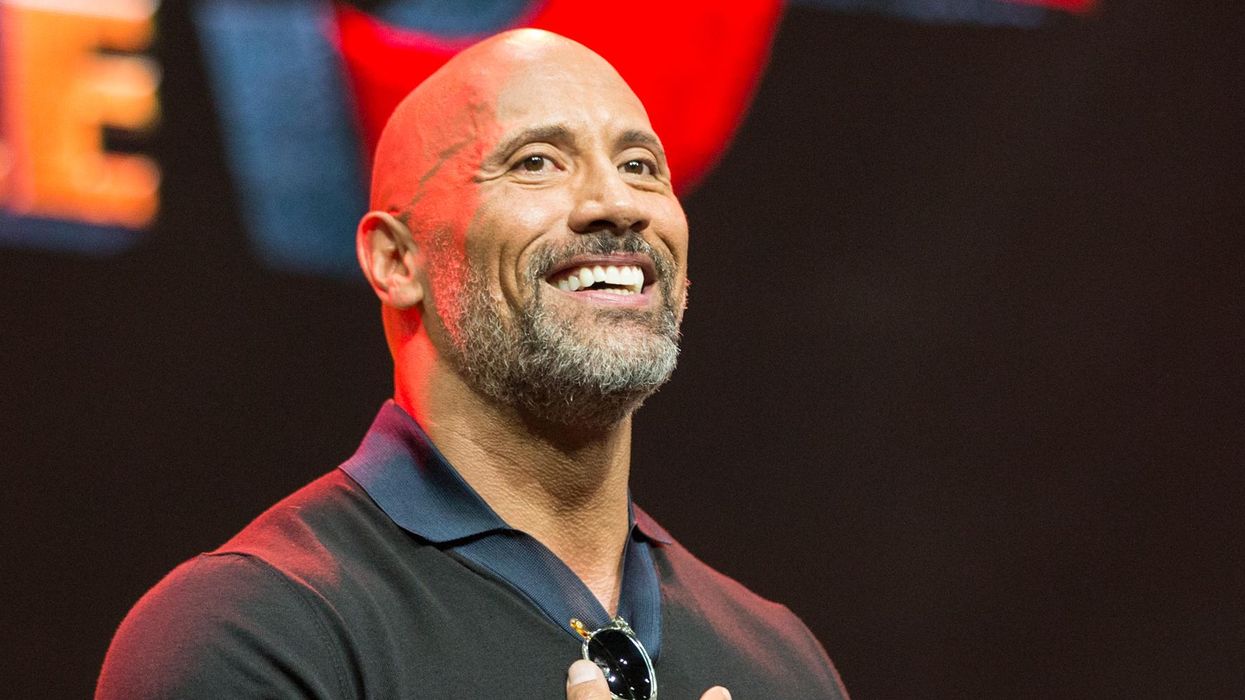News
Joe Vesey-Byrne
Nov 23, 2017

Picture:
Rich Polk/Getty Images for Entertainment Weekly
A new study from South Korea has successfully tested a hair regrowth hormone on mice.
A team led by Professor Kang-Yell Choi of Yonsei University, Seoul created a new biochemical which when tested upon mice for 28 days was found to instigate new growth of hair and regeneration.
The biochemical, dubbed catchily 'PTD-DBM' works by stopping two proteins from binding. Usually when these two proteins, (CXXC-type zine finger protein 5, and dishevelled proteins) bind, they disrupt the pathway in the body that controls follicle regeneration and wound healing.
As such, PTD-DBM prevented these disruptors from disrupting, and allowed hair regeneration to continue as normal.
When the scientists combined PTD-DBM application with valproic acid, the hair grew back even quicker.
Kang-Yell Choi wrote;
We have found a protein that controls the hair growth and developed a new substance that promotes hair regeneration by controlling the function of the protein.
We expect that the newly developed substance will contribute to the development of a drug that not only treats hair loss but also regenerate damaged skin tissues.
According to LadBible the next step is to check if PTD-DBM has any toxic side effects.
The study builds on work published in August from the University of California, Los Angeles which identified a new way to activate stem cells to induce hair growth.
One of the study's authors, the predoctoral trainee Aimee Flores, was quoted as saying;
Through this study, we gained a lot of interesting insight into new ways to activate stem cells.
The idea of using drugs to stimulate hair growth through hair follicle stem cells is very promising given how many millions of people, both men and women, deal with hair loss.
I think we’ve only just begun to understand the critical role metabolism plays in hair growth and stem cells in general;
I’m looking forward to the potential application of these new findings for hair loss and beyond.
The drugs used by UCLA were also not tested and humans. They have yet to be approved by the Federal and Drug Administration as safe and effective for humans.
HT UniLad
Top 100
The Conversation (0)













